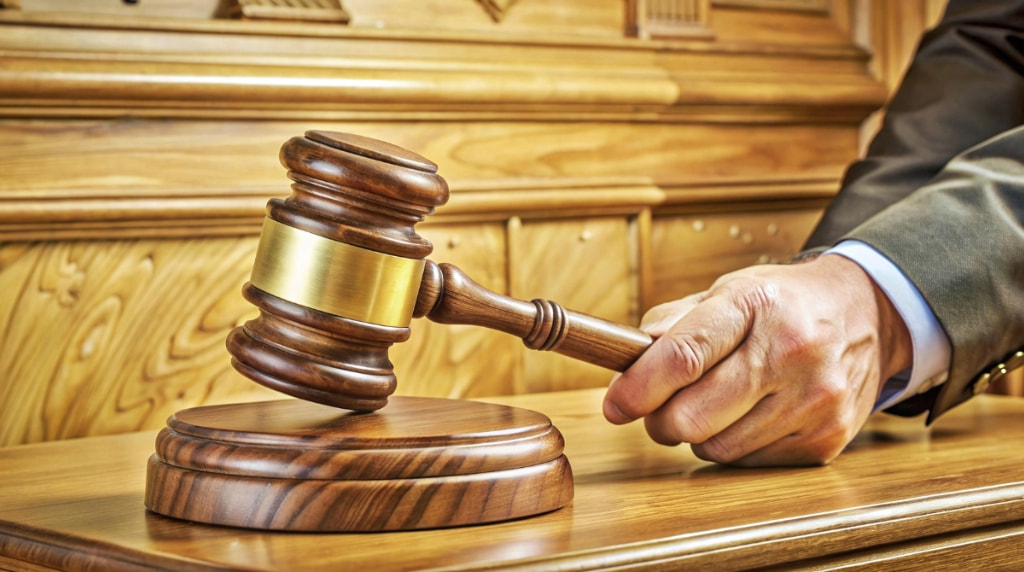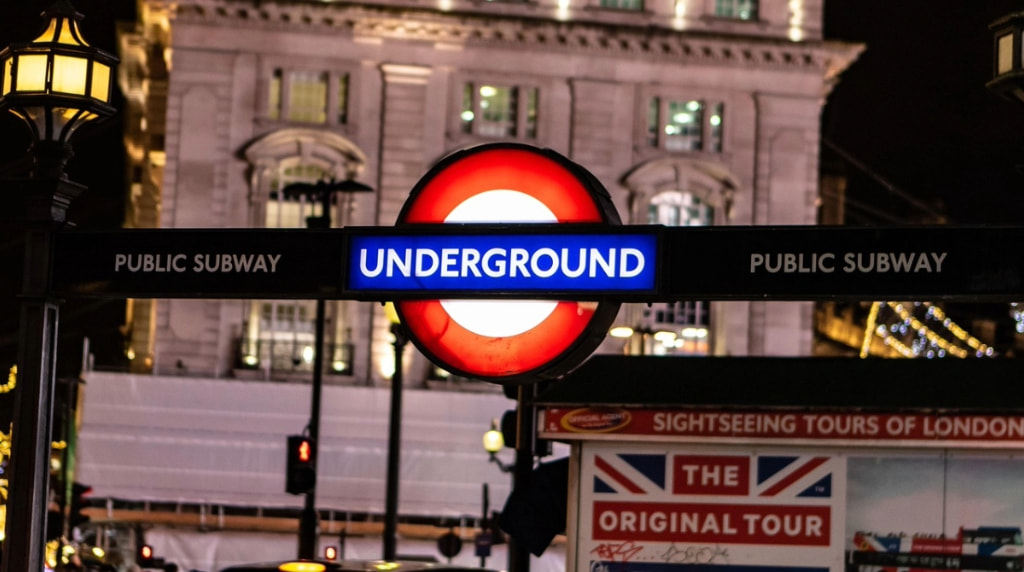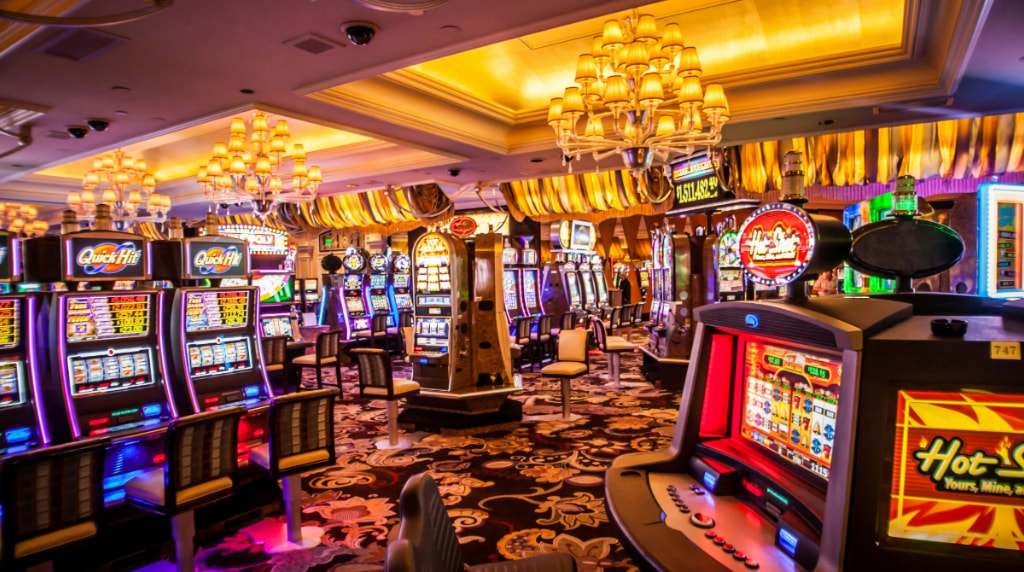Singapore Launches New Gaming Authority
The Singaporean Ministry of Home Affairs announced this week the creation of a new gambling regulator, named the Gambling Regulatory Authority which will replace the defunct Casino Regulatory Authority. The written statement from the government came at a time of major upheaval across the industry with a range of sweeping policies designed to centralize the authority of the Singaporean gambling industry.

The Marina Bay Sands Hotel (pictured on the left) will become a major investor into the local economy of Singapore, in return, local regulators will allow the hotel to maintain its duopoly until at least 2030. ©Pexels/Pixabay
As the Singaporean gambling sector undergoes a series of policy changes, the creation of the new body to oversee the implementation of the new rule set is a logical step for the country’s leadership. In one of the world’s most lucrative gambling markets, a well-organized and integrated national regulator is a mission-critical component.
Singapore has a long a tailed history of interacting with gamblers from around the world and taking on a liberal approach to the expansion of gambling conglomerates on their shores. With residents in the city lovers of horse racing, casinos, and online gaming, there are many dynamic aspects to the gambling ecosystem in Singapore. The newly created Gambling Regulatory Authority will need to take a tight grip over the industry quickly to establish a clear and concise set of standards for all stakeholders to adhere to.
With the worst of the COVID-19 pandemic seemingly in the past, Asian countries are beginning to mobilize their industries, relax travel restrictions and gradually return to normal life. The gambling sector has been hit as badly as any, and at this significant juncture, Singapore policymakers have seemingly chosen the perfect time to announce this shift in direction with the creation of the Gambling Regulatory Authority.
Reforming and Modernizing Approach to Gambling
The world of gambling has changed so dramatically in the past decade that regulators across the world are required to stay nimble and aware of their own inefficiencies, this self-reflective approach enables a holistic embodiment of what responsible gambling is, but more importantly how it can be mitigated.
Discussing the creation of the new government ministry, a statement released by the ministry laid out their future plans for the gambling industry, and their primary responsibilities as the independent adjudicator overseeing the entire Singapore gambling industry. They said the following.
GRA will be established by 2021 and will consolidate and optimize gambling regulatory resources within a single agency. This will allow GRA to stay even more effectively abreast of technological and global trends, respond faster to emerging products, in particular, those that cut across different domains, and take a more holistic approach to gambling policies and issues.Spokesperson, Statement, Ministry of Home Affairs
The consolidation of all gambling regulatory authority will be a welcomed refinement of the current chaotic state that the free economic zone city operates within. Under the current system, gambling regulation is managed by three separate bodies, with the CRA in charge of regulation relating to casinos, the Gambling Regulatory Unit of the Ministry of Home Affairs overseeing rules related to remote gambling, and the Singapore Totalisator Board overseeing gambling pools operated throughout Singapore.
The Ministry of Home Affairs to Maintain Prohibitive Stance
There are two enormous casino complexes already situated in Singapore: Resorts World Sentosa which is operated via a subsidiary company of Genting Singapore Ltd, and Marina Bay Sands, operated via a subsidiary company of US-based Las Vegas Sands Corp.
It was announced at the end of 2019 that the two largest casinos would be drastically expanded in return for their investment into the local economy of Singapore, the total sum of the investment is touted to be around $6bn. In return for this cooperation, the two casinos would be allowed to maintain their duopoly on the local casino market until at least 2030.
The current situation sees the local authorities applying vastly different policies to separate components of the local gambling ecosystem. Lottery, casinos, online gambling, remote gambling, and pools, all receive different treatment. The Ministry of Home Affairs has recently stated its intentions to change this, and implement a clearly defined framework regarding their position on gambling.
A major overhaul of current legislation on gambling is imminent, and the Ministry of Home Affairs is planning to review all penalties, fines and statutory action taken for offenses related to gambling. The plan is to engage with stakeholders across the spectrum, including social service agencies, law enforcement, and indeed the gambling operators.
But the consensus underpinning this entire revolution of Singapore’s gambling industry is that the old liberal values that led to its creation have gone unchecked for too long. The Ministry of Home Affairs will maintain a generally prohibitive stance towards gambling and will adopt this philosophy when entering negotiations related to its existing regulatory approach with operators.



